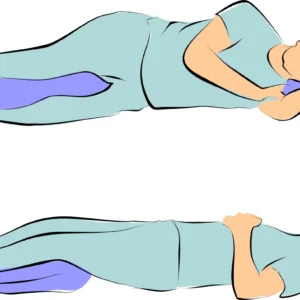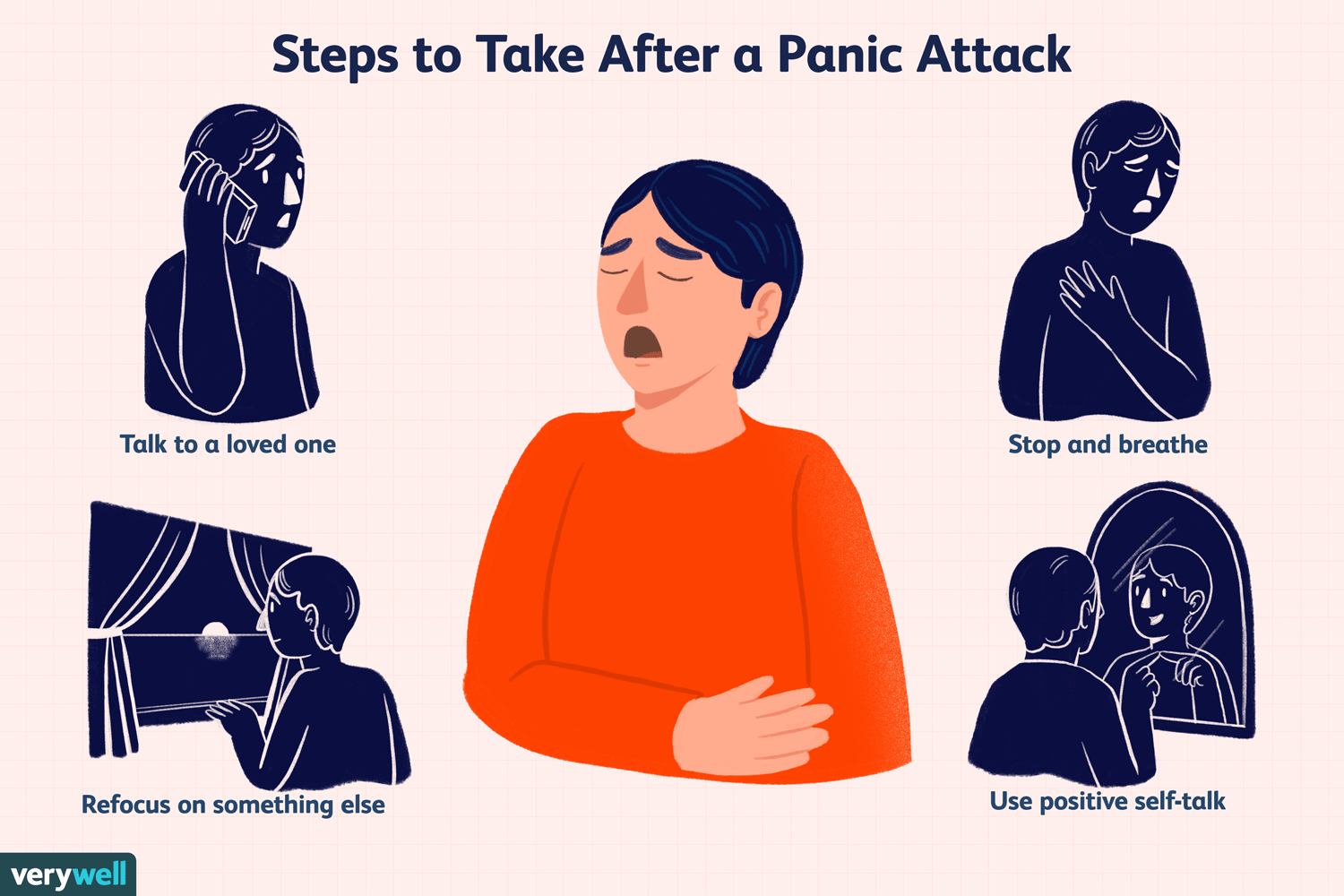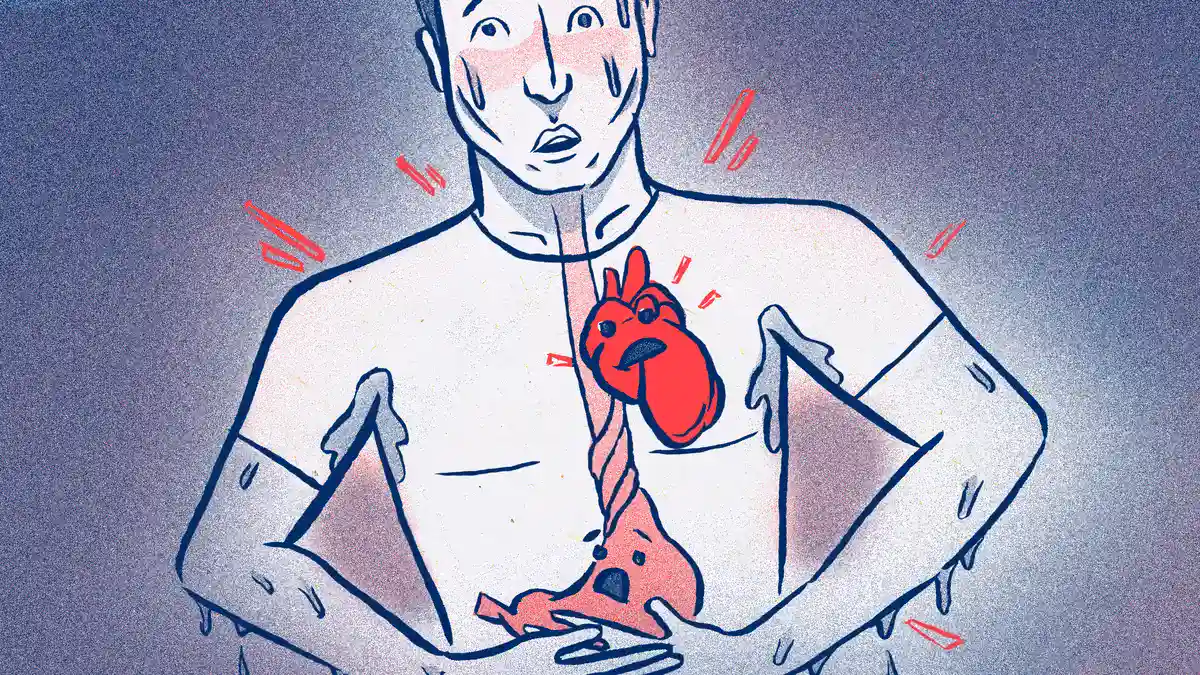The journey towards long-lasting recovery from alcohol addiction often includes active participation in 12-step programs such as Alcoholics Anonymous (AA). As you immerse yourself in the AA program and its literature, you are likely to encounter the power of daily reflections of Alcoholics Anonymous as a means to regularly and privately engage with useful resources and shared experiences.
Delving into the Daily Reflections of Alcoholics Anonymous

Within the Alcoholics Anonymous program, you’ll encounter various pieces of AA literature. Probably the most well-known is the book “Alcoholics Anonymous: How Thousands of Men and Women Have Recovered From Alcoholism,” more commonly known as “the Big Book.” Authored in the 1930s, the Big Book has since emerged as AA’s primary text housing the original versions of the 12 Steps and 12 Traditions.
Fast forward to the 1930s, and many of the Big Book’s insights and tools have found their way into numerous other literary pieces. Some of these resources serve as a more digestible substitute to reading the Big Book in its entirety, while some function as additional texts that could be read independently or side by side with the Big Book. The book “Daily Reflections: A Book of Reflections by A.A. Members for A.A. Members” or simply “Daily Reflections,” is one such supplementary text that highlights certain principles extracted from the Big Book.
“Daily Reflections” of Alcoholics Anonymous
The daily reflections of Alcoholics Anonymous presented in “Daily Reflections” are not centered around the 12 Steps, still, Daily Reflections can be incorporated while working through the 12 Steps. You might also choose to participate in AA meetings that prioritize the approach you currently find most valuable for your recovery. Such step meetings might go over each step in chronological order, or provide attendees the opportunity to discuss their current step work. Alternatively, other AA meetings could concentrate on a discussion topic, a Big Book chapter, another program aspect, or feature a speaker who shares their experience of how AA facilitated their recovery journey.
“Daily Reflections” elaborates on key recovery concepts like:
- Experiences
- Collective strength
- Hope
Application of AA concepts to everyday life
The structure of “Daily Reflections” comprises a brief passage for every day of the year that you can effortlessly incorporate into your daily regimen. If you’re already committed to daily activities like journaling, prayer, meditation, or step work, AA’s daily reflections can synergize with these routines. Often, newcomers are introduced to this tool during inpatient rehab, which follows a steady, recovery-centric daily schedule.
Each daily passage extracts a topic from the Big Book and refines it into an easy-to-understand reading. Along with the daily passage, “Daily Reflections” includes quotes derived from the Big Book and reflections regarding these quotes penned by AA community members. The conversational and relatable tone of “Daily Reflections” often makes it more inviting for regular use than the Big Book itself.
Exploring the Sources for “Daily Reflections of Alcoholics Anonymous”
The elusive hunt for the “Daily Reflections of Alcoholics Anonymous” can take you on multiple paths. The official Alcoholics Anonymous website’s online bookstore is the primary destination for this enriching source. However, other avenues like major online and physical bookstores readily stock the book as well.
AA meetings, being peer-led, aren’t always guaranteed to offer AA literature for sale. However, you might chance upon the “Daily Reflections of Alcoholics Anonymous” or any other AA literature during a meeting, particularly if the session revolves around the text or one of its reflections. Always feel free to inquire with the facilitator about your interest in obtaining these resources.
Additionally, the Alcoholics Anonymous website provides free access to the current daily reflection.
Utilizing the “Daily Reflections of Alcoholics Anonymous”
The “Daily Reflections of Alcoholics Anonymous” proves valuable across the spectrum of recovery phases, serving as a relief to struggling individuals and a guide for those well into their recovery journey. This universally targeted tool carries profound insights into the many facets of recovering from alcohol addiction.
“Daily Reflections” offer a positive daily habit that fosters growth and recovery. It refines concepts from the Big Book into digestible segments, making the principles easier to internalize and retain. They provide reassurance, a form of reinforcement for lessons learned from AA literature and meetings, thereby contributing to sustained sobriety.
The daily engagement with these reflections ensures your immersion in the recovery discourse, keeping your thoughts and actions centered on sobriety, and providing the strength to weather the storm of triggers and cravings.
How Effective are the “Daily Reflections of Alcoholics Anonymous” in Recovery?
The efficacy of recovery tools like “Daily Reflections” is echoed in numerous psychological research findings.
Channeling Mental Energy Towards Recovery
Research suggests a link between personal well-being and allocating mental energy to positive life-affirming elements. As such, reading daily recovery-focused reflections can be a beneficial addition to the recovery journey.
Incorporating Spiritual and Inspirational Practices
The spiritual overtones in Alcoholics Anonymous, though not strictly religious, offer significant personal meaning to several community members. The “Daily Reflections of Alcoholics Anonymous” can become an integral part of personal routines, such as self-reflection, prayer, and meditation periods. It’s worth noting that active spiritual engagements are linked to improved psychological experiences and a reduced risk of alcohol misuse.
In recovery, these daily reflections serve to inspire and imbue you with positive insights, aiding individuals battling mental health disorders, and aligning with the principle of positive psychology.
Promoting Internal Happiness
Positive psychology, a contemporary branch of conventional psychology, reinvigorates people by fostering a heightened emphasis on internal happiness.
There is strong evidence that negative words agitate the brain’s danger perception, culminating in discomfort and pain to motivate a solution. By contrast, positive words shift your brain towards an optimistic resolved mindset. As you consume more positive words like those in the daily reflections, you foster a positive state of mind, gradually altering your self-perception and that of others, as your mindset evolves to recognize positivity more frequently.
The principles of positive psychology embodied in the daily reflections can be indispensable to several mental health conditions, showcasing significant success for depression, post-traumatic stress disorder (PTSD), and substance use disorders.
Enhancing Addiction Treatment with Daily Reflections of Alcoholics Anonymous
Alcoholics Anonymous (AA), a peer support framework, may not provide structured addiction treatment, yet it sufficiently complements commonly used addiction therapies via its literature and meetings. The daily reflections of Alcoholics Anonymous may serve as a valuable auxiliary resource in different scenarios. Since addiction treatment frequently necessitates extra support and care for co-existing mental health disorders, these daily reflections prove beneficial for recovering individuals. They employ positive psychology to enhance outcomes in addiction and other mental health disorders.
Addressing Alcohol Addiction and Depression Simultaneously
A considerable number of individuals struggling with substance use disorders – including but not limited to alcohol use disorder – confront symptoms of depression or receive a dual diagnosis of severe depression. Depression often fuels the commencement and prolonged misuse of substances.
By addressing negative thoughts linked with depression, individuals aspiring for sobriety can find relief. Combating depression symptoms can significantly aid in overcoming addiction. Daily habits encouraging positive thinking patterns, like daily reflections of Alcoholics Anonymous, can mitigate depressive symptoms and enhance your concentration on recovery aims.
Alcohol Addiction Co-existing with PTSD
Substance addiction frequently goes hand-in-hand with traumatic experiences. Past traumas may contribute to the development of alcohol use disorder and other substance use problems. Moreover, traits common in alcohol use disorder might expose individuals to additional traumatic incidents. Anyone who has undergone trauma may display post-traumatic stress symptoms, regardless of whether they’re dual-diagnosed with post-traumatic stress disorder (PTSD). Such stress can obstruct your recovery journey, as high stress levels often escalate alcohol consumption.
Yet, indications suggest that post-traumatic stress symptoms can be eased and even surmounted by reassessing their addiction and traumatic experiences, culminating in an event known as post-traumatic growth. Post-traumatic growth won’t occur out of nowhere in recovery. Rather, it requires intense determination and consistent effort. This growth commences when you intentionally attempt to reshape your understanding of your addiction while keeping a firm grip on reality, simultaneously embracing hope in recovery and crediting the positive aspects of your existing situation.
Daily reflections on Alcoholics Anonymous create an avenue for you to start reshaping your perception of addiction while remaining in the necessary positive framework for attaining sobriety and post-traumatic growth. Daily Reflections subtly remind you about the severity of alcoholism, yet simultaneously applaud your strength for moving towards sobriety and overcoming recovery challenges. This blend of addiction truth and recovery objectives provides a starting point for necessary thought and action reformation leading to post-traumatic growth and recuperation.
Managing Symptoms and Emotional Regulation
Many individuals encounter mental health symptoms and overwhelming, complex feelings throughout recovery. Daily reflections of Alcoholics Anonymous, with their positive affirmations, offer a tool for the management of:
- Anxiety
- Depression
- Anger
- Shame and guilt
- Frustration
- Resentment
- Aggression
Mental health conditions often require profundity of thought engagement in psychology. Individuals frequently grapple with negative emotions, contemplations, and behaviors. It’s important to note that thoughts shape emotions, which in turn influence behavior. Consequently, addressing negative thoughts and emotions presents an opportunity to alter looming negative behaviors. Your addiction treatment team may suggest therapies like cognitive-behavioral therapy (CBT) or dialectical behavior therapy (DBT), both concentrating on identifying and adjusting thought forms leading to certain behaviors. Daily reflections on Alcoholics Anonymous can contribute to this process as a tool to investigate your own thoughts and make deliberate changes.
To Finalise Daily Reflections of Alcoholics Anonymous
Daily reflections of Alcoholics Anonymous offer you moments to temporarily pause negative thinking and concentrate on positivity. These moments can then generate positive emotions and eventually influence affirmative behaviors that support a recovery-oriented lifestyle.
Related post: Alcoholics anonymous fear prayer













